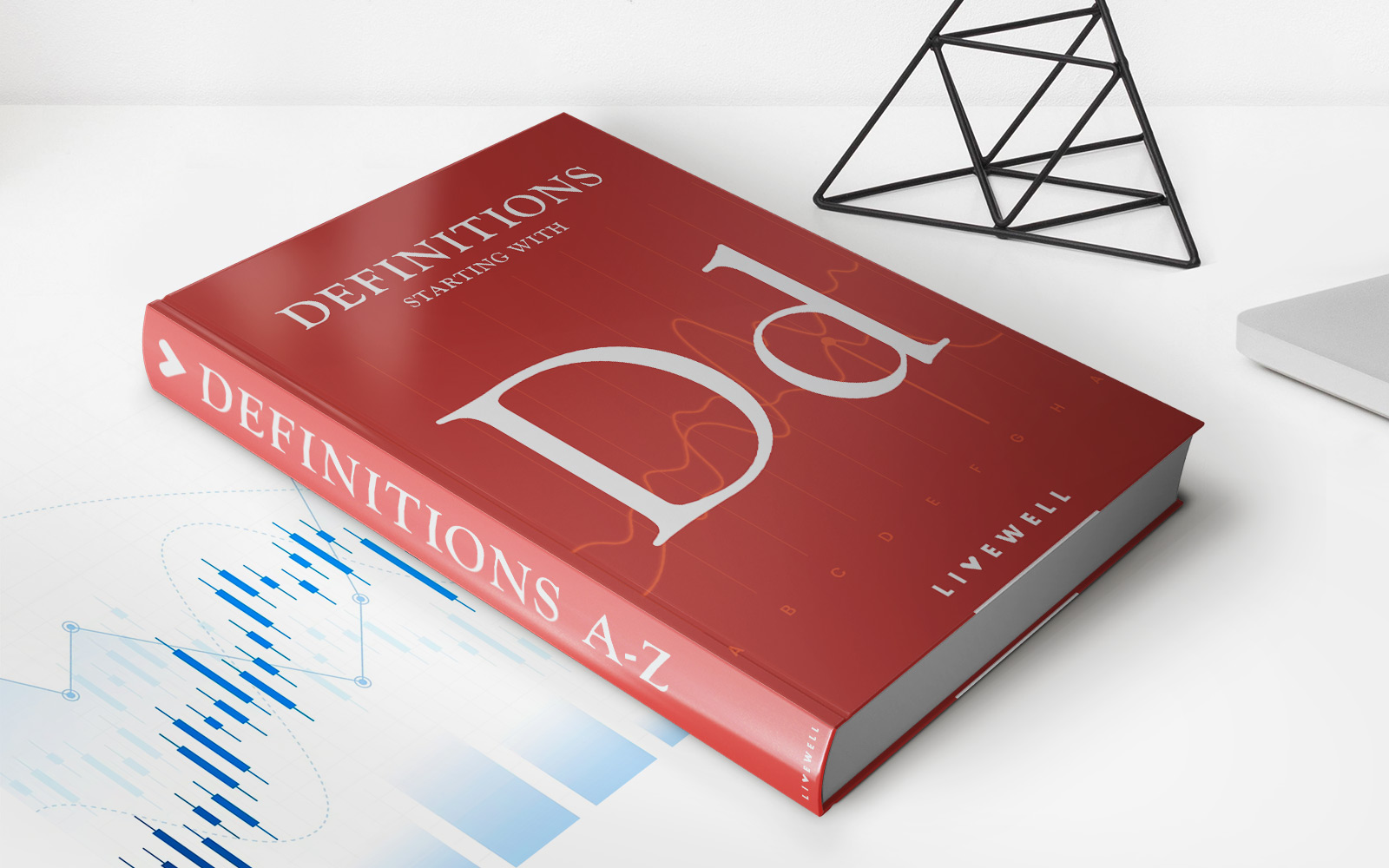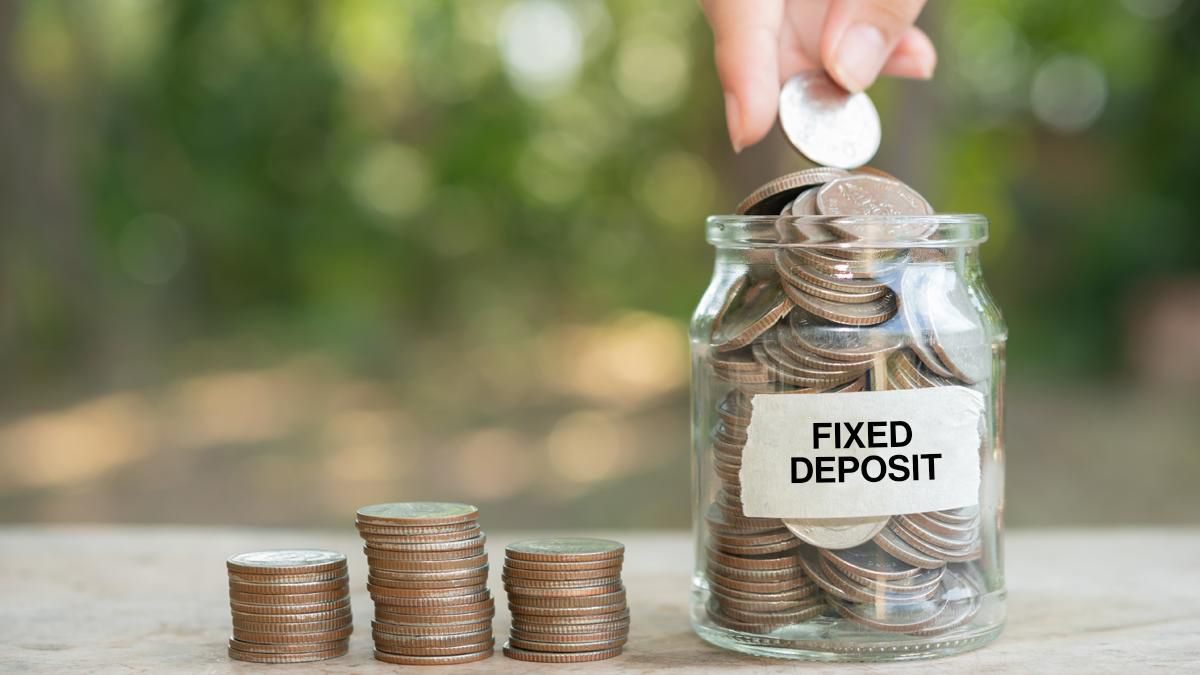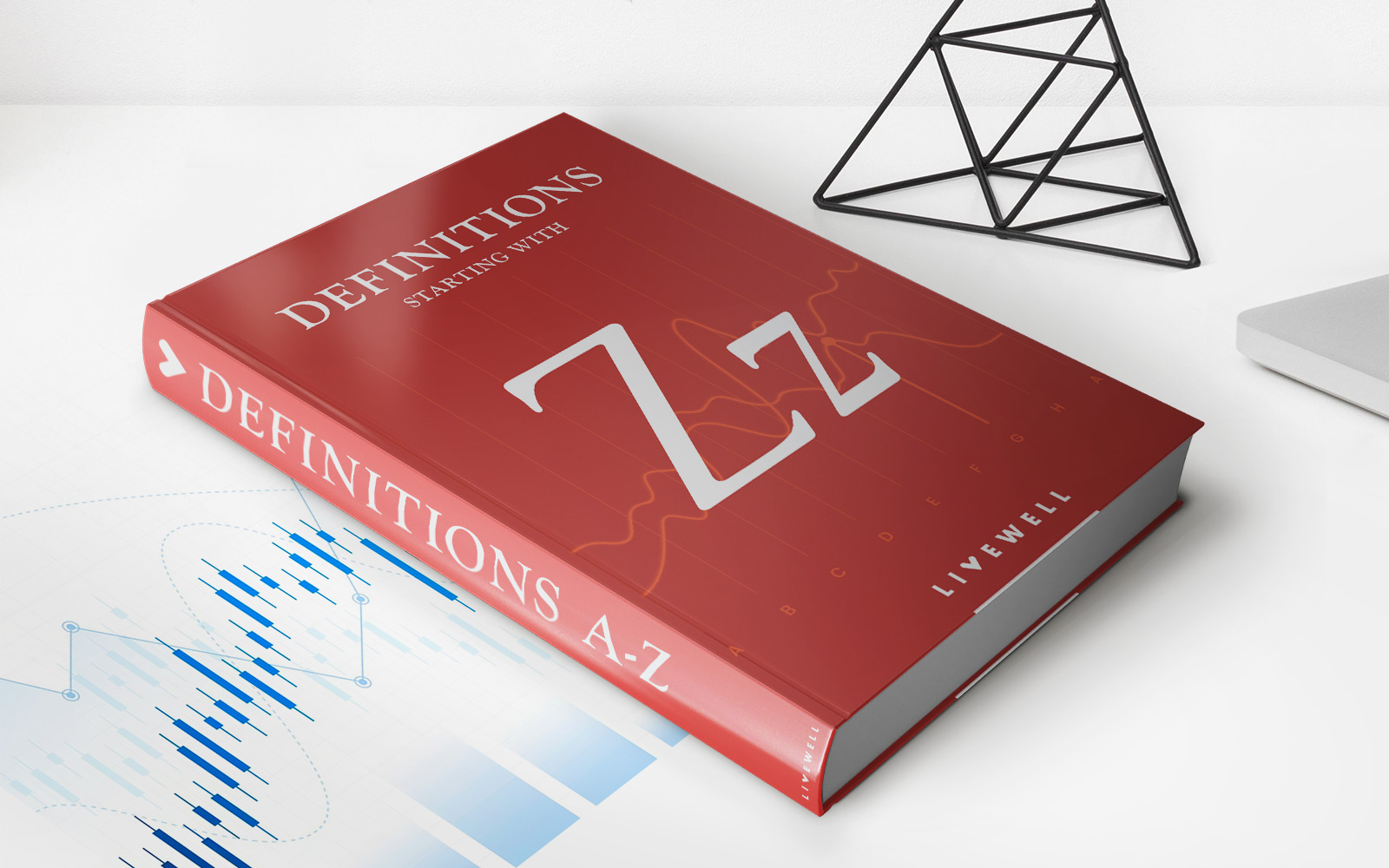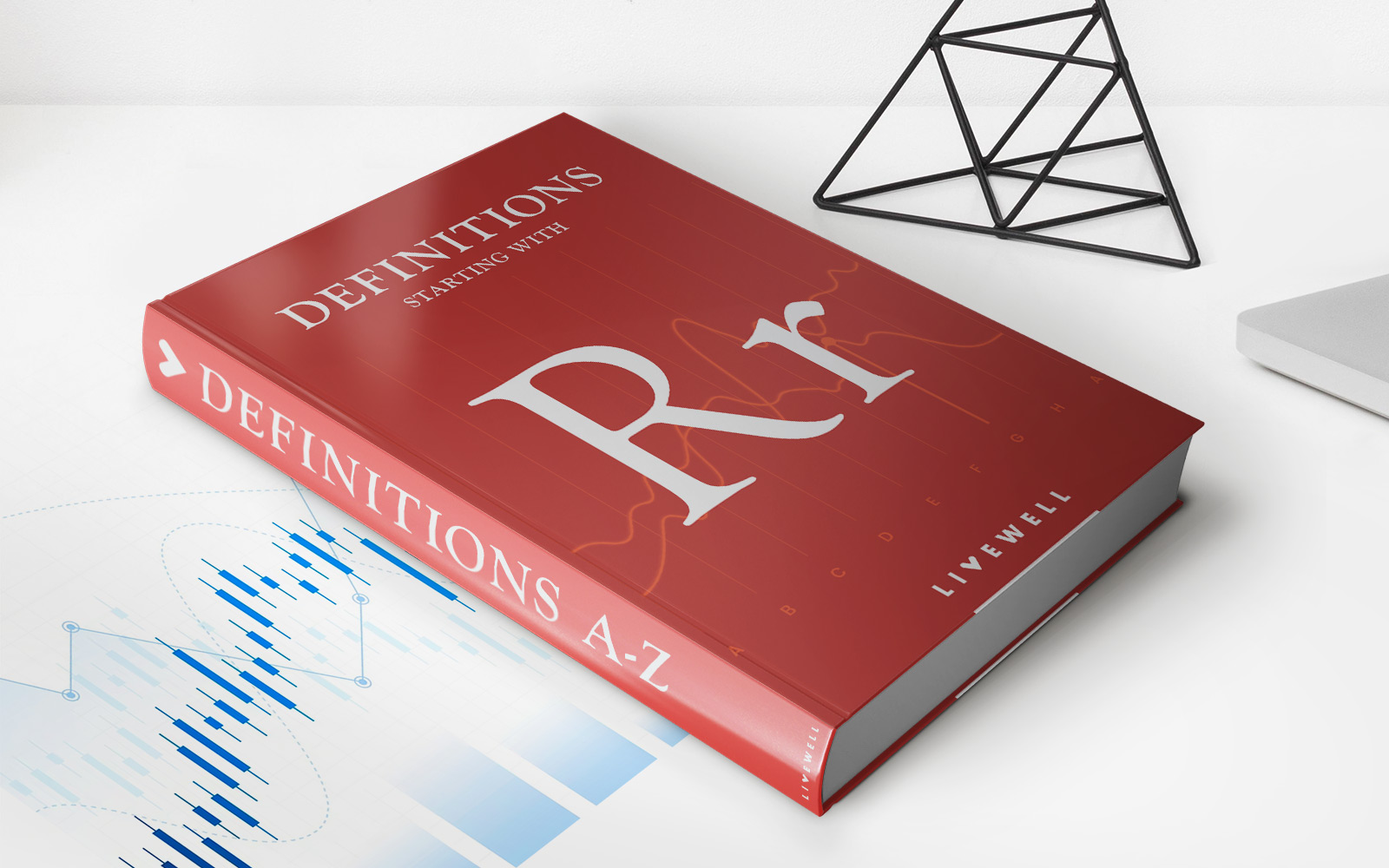Home>Finance>Fixed-Rate Certificate Of Deposit (CD) Definition


Finance
Fixed-Rate Certificate Of Deposit (CD) Definition
Modified: February 21, 2024
Learn about fixed-rate certificates of deposit (CDs) and how they can help you grow your finance portfolio. Find out how these secure investments offer guaranteed returns and added peace of mind.
(Many of the links in this article redirect to a specific reviewed product. Your purchase of these products through affiliate links helps to generate commission for LiveWell, at no extra cost. Learn more)
Understanding Fixed-Rate Certificate of Deposit (CD)
When it comes to saving and growing your money, a Fixed-Rate Certificate of Deposit (CD) is a popular financial tool worth considering. But what exactly is a Fixed-Rate CD and how does it work?
A Fixed-Rate CD is a type of investment offered by banks and credit unions. It allows you to deposit a certain amount of money for a fixed period of time, typically ranging from a few months to several years. In return, the financial institution pays you a predetermined interest rate over the duration of the CD.
Key Takeaways:
- A Fixed-Rate CD is a type of investment offered by financial institutions.
- It requires you to deposit a specific amount of money for a predetermined period of time.
So, why would you choose a Fixed-Rate CD over other savings options?
The reliability of a Fixed-Rate CD offers several advantages:
- Guaranteed returns: With a Fixed-Rate CD, you know exactly how much interest you will earn over the term of the investment. This can provide peace of mind and help you plan your finances accordingly.
- Low-risk investment: Fixed-Rate CDs are considered low-risk because your initial investment is protected and insured by most financial institutions. This can be an attractive feature for conservative investors who prioritize stability and security.
- Potential for higher interest rates: Fixed-Rate CDs often offer higher interest rates compared to regular savings accounts. This can be beneficial if you are looking for a conservative investment option that still generates more interest than a traditional savings account.
- Set maturity date: Unlike other investments that fluctuate with market conditions, Fixed-Rate CDs have a fixed maturity date. This can be helpful if you have specific financial goals or milestones that you are saving towards.
However, it’s important to keep in mind that Fixed-Rate CDs do have some limitations:
- Limited access to funds: Once you invest in a Fixed-Rate CD, your money is locked in for the duration of the term. Withdrawing funds before the maturity date may result in penalties and loss of interest earnings.
- Fixed interest rate: While the fixed interest rate provides stability, it also means that you may miss out on potential higher returns if interest rates increase during the term of your CD.
In conclusion, a Fixed-Rate Certificate of Deposit (CD) can be a valuable addition to your financial portfolio. By understanding its benefits and limitations, you can make an informed decision that aligns with your savings goals and risk tolerance.
Remember, always consult with a qualified financial advisor or banker before making any investment decisions.














